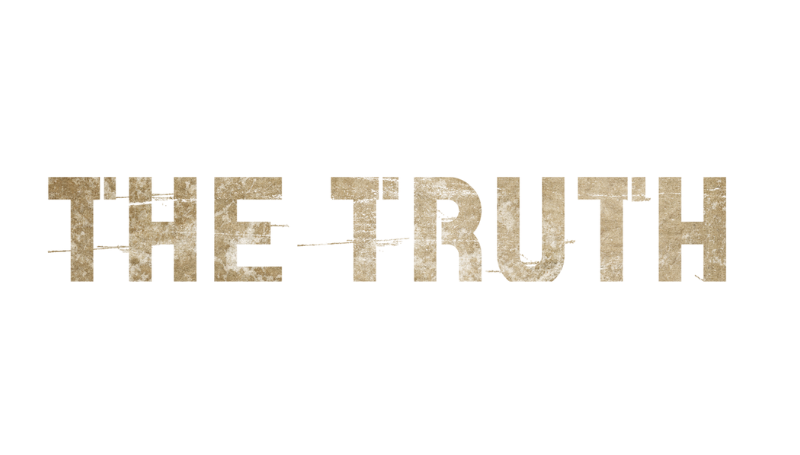Carine Hajjar
National Review, Oct. 2, 2021
“How can academia tolerate such a direct blow to its very purpose? A change in priority can be the only explanation. As the university grows into a more corporate entity, it chooses the stability of ideological orthodoxy over the risks that come with open discourse.”
It’s a tale as old as time, the stereotype of the liberal professor pushing his opinions on impressionable students. But the stereotype reflects real numbers. In 2017, only 8 percent of Yale’s faculty reported being conservative. In 2021, only 3 percent of Harvard University’s faculty reported being “conservative” or “very conservative.”
The Kremlin-on-the-Charles caricature has taken on a new dimension: According to the 2021 College Free Speech Rankings, a report based on a survey by College Pulse, the Foundation for Individual Rights in Education (FIRE), and RealClearEducation, professors, including the stereotypically liberal ones, and students alike are scared to defy a rising campus orthodoxy and are self-censoring on campus. The damper on free speech clearly goes against the university’s supposed mission, which is to educate by fostering knowledge. How can academia tolerate such a direct blow to its very purpose? A change in priority can be the only explanation. As the university grows into a more corporate entity, it chooses the stability of ideological orthodoxy over the risks that come with open discourse.
CARINE HAJJAR, a former National Review intern, is a recent graduate of Harvard College, where she was a member of the Crimson editorial board. She is currently a Finley Fellow. @carinehajjar2
To view the original article, click here


